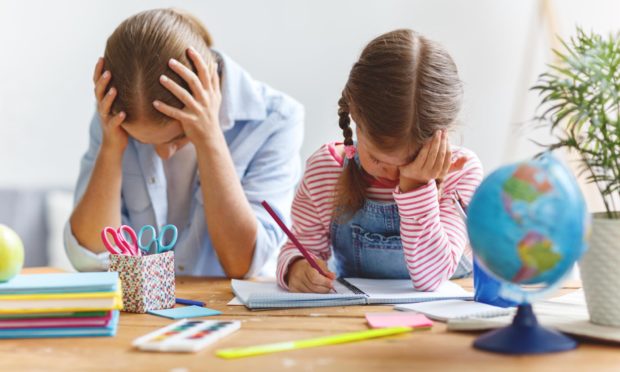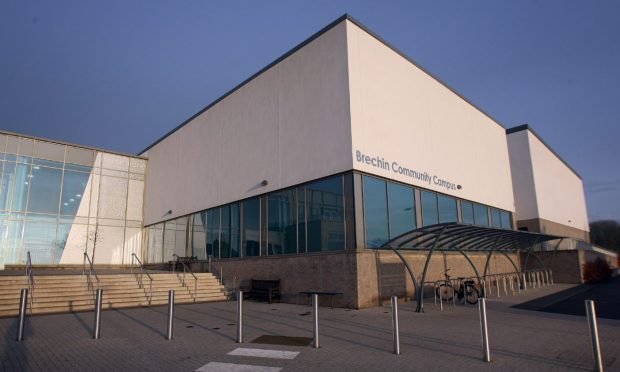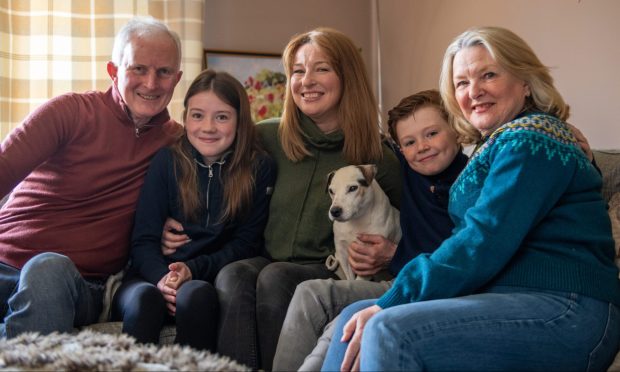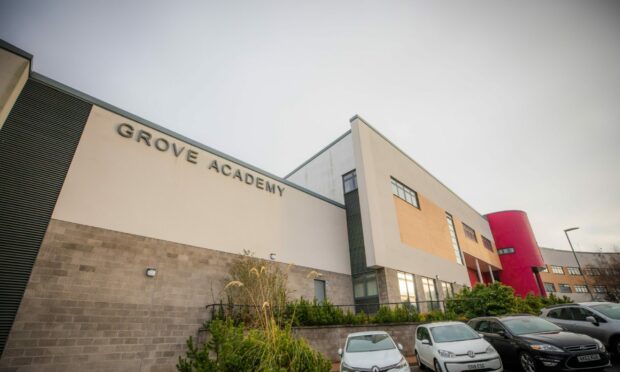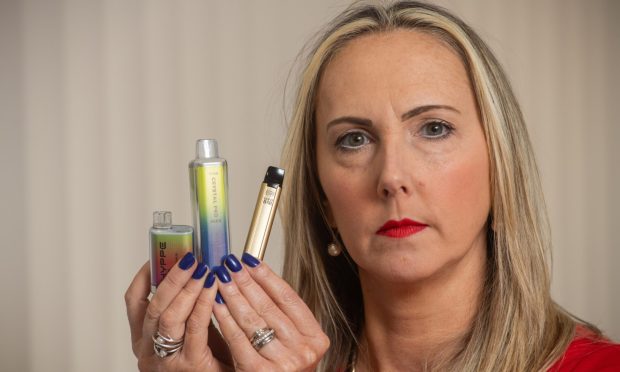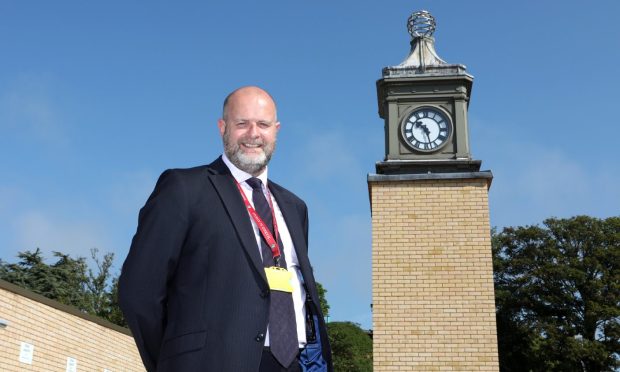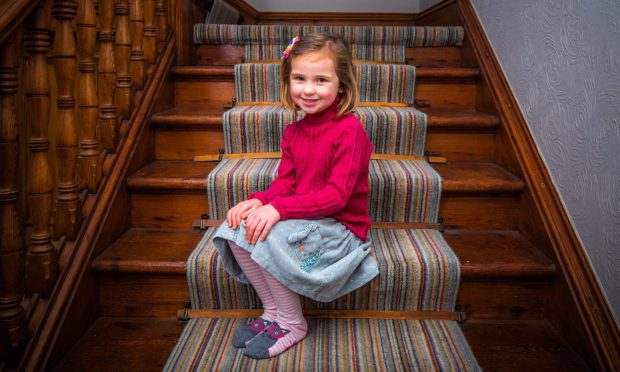Is homework for primary school children necessary?
Seven in 10 people who responded to our survey on the issue think not.
With the Scottish Greens proposing to scrap homework for younger pupils in their election manifesto, we asked our readers what they thought of sending maths, reading and other tasks home in schoolbags.
And 70.63% of those who took part in our poll said homework should not be issued to primary school children, while 29.37% believed it should.
POLL: Should homework for primary school children be scrapped?
Debate over homework before secondary school has rumbled on for decades.
Is it more important than ever, given the amount of class time they have missed out on over the past year? Or does it put extra pressure on kids already impacted upon by the pandemic, when they should be outside playing and being children?
The Scottish Greens’ manifesto states the routine of primary school homework should end and points to a “wealth of evidence” that homework does not lead to greater academic achievement and can create a negative association with school work.
Their education spokesman Ross Greer told us the stance was taken after many conversations with parents and following a report for the party last year written by Dr Kylie Bradfield and Professor Mark Priestley, of Stirling University.
Often parents believe the pressure to complete homework comes from teachers, while teachers feel parents expect them to issue it, he explained.
“Parents will have an expectation of homework because homework was what they got when they were at school,” he said, “and they worry if their child isn’t getting homework they will fall behind.
“That’s not what the research shows. A lot of the studies, particularly over the last 20 years or so, show the opposite.
“I hear from a huge amount of parents for whom homework just causes more stress, more anxiety, more upset at home, and they don’t think their children are getting lot from it, they don’t think they’re learning from it.”
I hear from a huge amount of parents for whom homework just causes more stress…”
Ross Greer, Scottish Greens
Our poll prompted debate on social media.
Wendy Robb agreed there should be no homework, stating that differing ability of parents to help their children with it created inequity.
She said: “School should be enough, six hours is long enough, let children be children and let them enjoy their time at home making memories instead of projects!”
But parent Sharon Bain said her school stopped giving out homework to her son last year and said: “I now only get to find out how he is doing through a report card or parents’ evening so, as a parent, I really wish they would bring it back.
“I don’t think the kids are pushed hard enough at school so to do away with homework is just going to result in lower attainment across the board.”
‘No thorough evidence’
Dr Bradfield and Prof Priestley’s report puts forward expert beliefs there is “no thorough evidence supporting the effectiveness of homework”.
It states that opinion has swung for and against homework for decades.
Those who support homework argue that it is connected with greater achievement, they say, and that it prepares children for employment.
However, the study also highlighted concerns about educational inequality and impact on wellbeing, particularly for poorer students whose home environments could make completing homework more difficult.
VIDEO: After more than 100 days away, Fife secondary pupils return to the classroom
